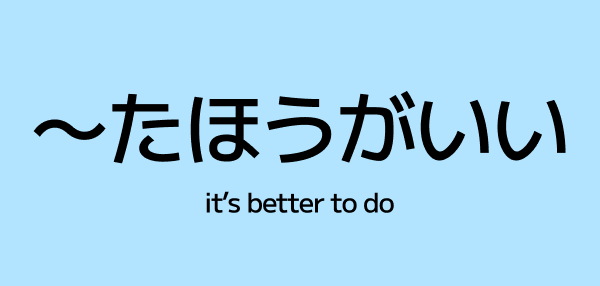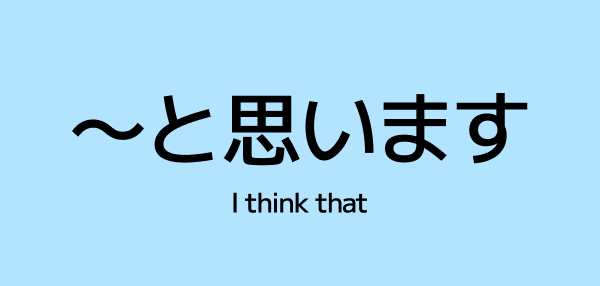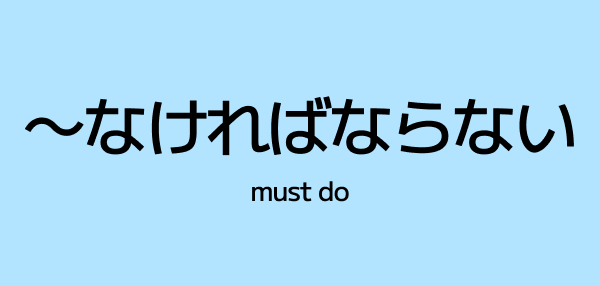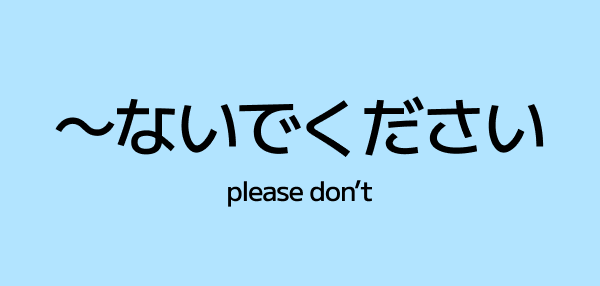~でしょう (deshou) – How to Say “Probably” or “Right?” in Japanese
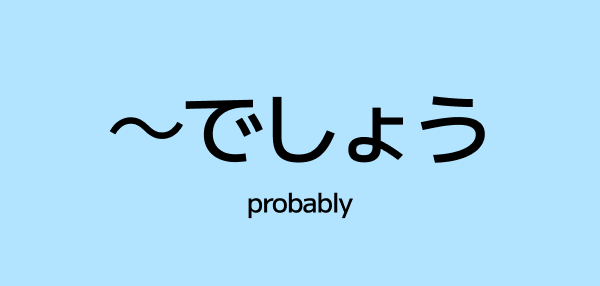
Ever want to guess or say something might be true in Japanese? Or check if someone agrees with you?
That’s where ~でしょう (deshou) comes in. It’s a soft, polite way to say:
- “Probably…”
- “I guess…”
- “Right?” (when confirming)
It’s used all the time in everyday conversation—especially when you’re unsure, predicting something, or politely checking agreement.
(This grammar reminds us of the OP from The Melancholy of Haruhi Suzumiya,冒険でしょでしょ?... It's an adventure, right? Right? 😃)
What Does ~でしょうMean?
~でしょう is a grammar structure that shows:
- Guessing / assuming something is true
- Polite uncertainty
- Asking for confirmation or agreement
It often translates as:
- Probably...
- I think...
- Don’t you think?
Basic Sentence Structure
You attach ~でしょうto the end of:
- Verbs (plain or polite)
- い-adjectives
- な-adjectives
- Nouns
Examples:
- あした は 雨 が ふるでしょう。 Ashita wa ame ga furu deshou. → It’ll probably rain tomorrow.
- たかいでしょう。 Takai deshou. → It’s expensive, right?
- これは たいせつでしょう。 Kore wa taisetsu deshou. → This is important, isn’t it?
Uses ofでしょう
1. Making a Guess or Prediction
Use it when you’re not 100% sure but making a reasonable guess.
- いまごろ、もう うち に ついたでしょう。 → By now, they probably got home.
- かれ は くるでしょう。 → He’ll probably come.
You’ll hear this often in weather forecasts:
- あしたはくもりでしょう。 → It will probably be cloudy tomorrow. ☁️
2. Checking Agreement ("Right?" or "Don't you think?")
Use it at the end of a sentence to softly ask for someone’s agreement.
- きょう は さむいでしょう? → It’s cold today, isn’t it?
- この カレー、からいでしょう? → This curry’s spicy, huh?
- にほん の アニメ は おもしろいでしょう? → Japanese anime is interesting, right?
This adds a polite, indirect tone and is very common in conversation.
3. Withかもしれませんvsでしょう
These both express uncertainty, but:
- ~でしょう = polite guess / assumption (with some confidence)
- ~かもしれません = “might…” or “maybe” (less certain)
Example:
- かれ は くるでしょう。→ He’ll probably come. (70–90% confidence 😀)
- かれ は くるかもしれません。→ He might come. (50% or less 😕)
Casual Version: ~だろう
In casual or male speech, だろう replaces でしょう.
- あした は 雨 が ふるだろう。 → It’ll probably rain.
- すごいだろう? → Cool, right? 😁
This sounds more masculine, so be careful with the tone. It does sound like casual "guy talk" you see in Shonen Jump type shows.
Try It Yourself!
Can you fill in the blanks?
あしたは___でしょう。(It will probably rain.)
このケーキ、おいしい___?(This cake is tasty, isn’t it?)
いまはいそがしい___。(They’re probably busy now.)
Recap
- ~でしょう adds a soft, polite guess—great for saying “probably” or “right?”
- You can use it with verbs, adjectives, and nouns
- Want to sound more masculine? Swap it with だろう
Use it when you’re not totally sure, or when you want to check what someone else thinks. Or if you just want to be annoying and be like, "right? right?" 😆

